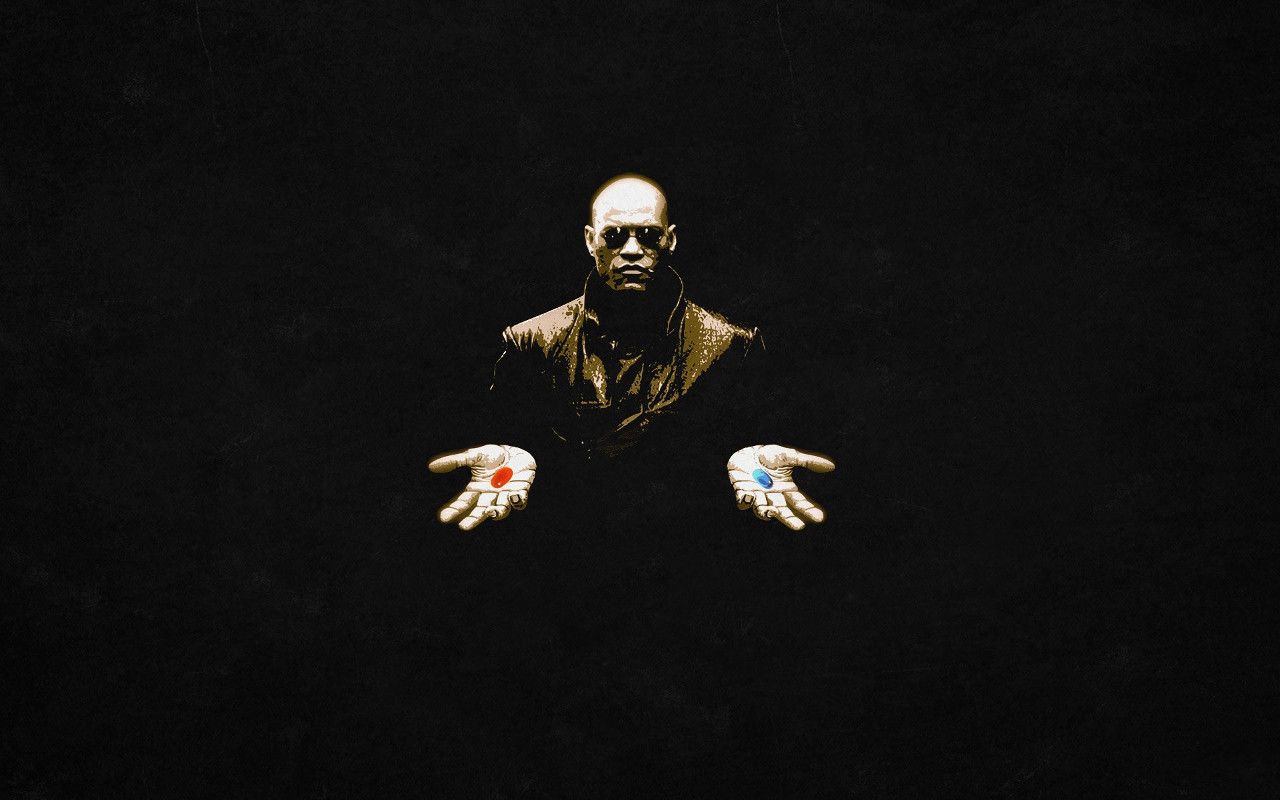Opting into The Matrix
I often find myself spending time stressing over first-world problems: work stress, new house problems, a dog needing to be walked, commuting headaches, running late to meetings, or making the seemingly life-altering decision to get another puppy! I get caught up.

Three weeks ago, I became a Canadian citizen.
The path to citizenship was a long one and it took me and my family nine years to cross that finish line; Finally obtaining that simple piece of paper declaring me of equal rights and responsibilities with almost 35 million other Canadians.
Today, I found myself watching the documentary Syria’s Second Front by PBS’s Frontline.
It was a sharp reminder of the contrast in living the First-World-Problems lifestyle versus the harsh reality billions of people suffer through daily across the globe.
I was born in Syria, a country which has been devastatingly torn apart.

Ever since the war broke out in March of 2011, I’ve consciously avoided the news and any conversation on the topic. Fully realizing the cost of human sacrifice that will follow, and knowing from firsthand experience the level of death and destruction human nature can generate; I avoided it all.
I couldn’t bear it.
There was a period in the first few months of the war, when it was a “trending topic”, that people would walk up to me and ask what I thought of the situation.
I would simply reply: “People will do stupid things for stupid reasons. I have no affiliation with those stupid reasons, so I really have nothing to say about it.”
Pressing further, they’d ask, “And what about your family? Are they doing okay?”
“I have over 20 aunts and uncles (extended family included), each with two to five children. These are people I grew up with. Every memory of my childhood is always surrounded with family members, and none of whom I have spoken to in the nine years since I left Syria…” — People would usually pause at that, not knowing how to respond. — “But my immediate family is here with me, so I guess that makes it all good…”
I would get a smile or a nod, a generalized comment on how ‘bad’ war is, and then we would move on to a different topic. It always dissolved into “water cooler conversations” that meant nothing, cared for nothing, and did nothing to help stop the war.
The truth is I made a conscious decision to leave that world behind long before the war started, and even before I landed in my new home: Canada.
That decision was made 15 years ago in 1999, shortly after watching a poor quality bootleg of the first Matrix movie.
Everything is bootlegged in Syria. There are no distribution companies ensuring copyrighted materials are protected. With no system to enforce it and no economy to support it, the cost of a single DVD would have been thousands of Syrian Pounds (SYP) whereas the bootleg CD version would cost only 25 SYP.
Fifteen years ago, 1 SYP equaled 0.023 USD. As of the beginning of this month, the Syrian Pound has lost around 69% of its value and 1 SYP is now worth merely 0.00697 USD.
I remember one scene from The Matrix clearly, where Agent Smith and Cypher are talking betrayal:
Cypher: You know, I know this steak doesn’t exist. I know that when I put it in my mouth, the Matrix is telling my brain that it is juicy and delicious. After nine years, you know what I realize?
[Cypher then takes a bite of the steak]
Cypher: Ignorance is bliss.
I had not read the Matrix books, as we did not get such things easily in Syria, nor had I been exposed to much in the way of western literature with the sole exception to a translated copy of H. G. Wells’s The Time Machine. Beyond that, I had very little context to work from in understanding how the rest of the world worked.
I was 13 at the time, and later that year I got online for the first time.

Yahoo.com circa 1999
In ‘99, when the United States had over 100 million users already on the Internet, we had less than 20,000. We essentially had no Internet service in the country. Though there were ways to connect, such as using dial-up connections to Lebanon’s ISPs (a neighbouring country), even if it was illegal.
As time went on, my window to the ‘western world’ slowly expanded, and so did my mirror back into the middle east.
My decision was clear: I wanted that steak.
Nowadays I often find myself spending time stressing over problems I never would have experienced back in Syria: work stress, new house problems, a dog needing to be walked, commuting headaches, running late to meetings, or making the seemingly life-altering decision to get another puppy!
I get caught up in first world problems all the time from floating around in my thoughts to self-created issues. Every once in a while though, a shocking reminder like the Frontline documentary yanks me back to earth.
I feel sick inside at seeing all the senseless death and suffering. I wish I can help in some way, make a difference somehow, or take part in the fight to make things right.
Then I quickly remember that pivotal decision I made all those years ago.
I lived that life and witnessed the human world for what it really is: civilizations built upon thousands of years of bloodshed, societies in which the poor get poorer and the rich get richer.
I wanted out. I wanted that steak.
I wanted and still want to have first world problems, because ignorance truly is bliss.




